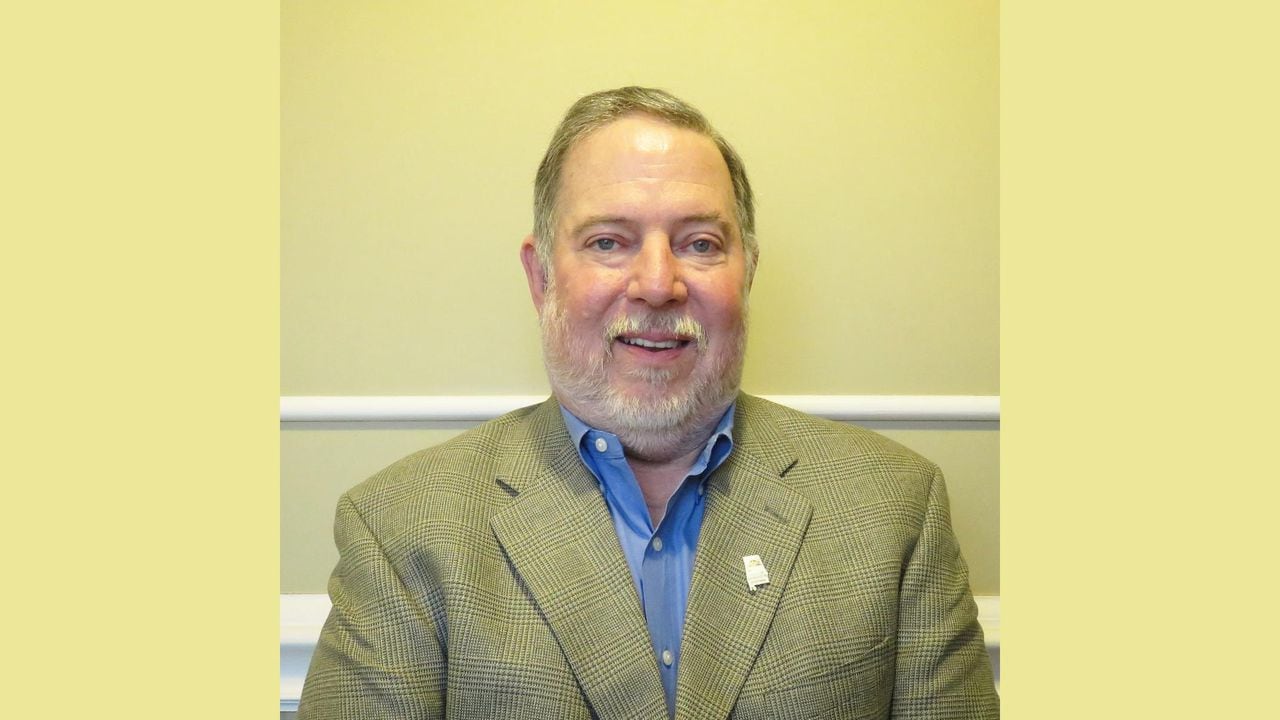âGlue that held Livingston togetherâ: Longtime Mayor Thomas Tartt dies at 69
Thomas Tartt might not be the longest-ever serving mayor in Alabama history, barely missing out on that distinction by less than a year.
But to Livingston, the 69-year-old mayor who died Thursday following a long battle with cancer “is still and always will be Livingston’s Mayor.”
Tartt, who was first elected in 1980 – the year that Ronald Reagan first won the presidency – served in the city’s top political post for an astonishing 43 years and trailed only the late Charles “Sonny” Penhale, who was mayor of Helena from 1968-2021.
But unlike Penhale, who was defeated by Mark Hall during Helena’s 2012 mayoral race, Tartt never lost a race in Livingston, and only faced opposition three times during his entire tenure as mayor.
“He was the glue that held Livingston together,” said Nathan Watkins, 70, who served as city attorney during Tartt’s entire tenure as mayor.
Tartt’s oldest son, Clayton, was born in 1979, slightly before his father’s first election. “I’ve never known anything else,” he said.
“We shared him with everyone, which is a downside in some respects,” said Clayton Tartt, 44, an attorney in Tuscaloosa. “Sometimes, he didn’t make it to ballgames because he was at a city council meeting. But now today, everyone is sending love and messages. He was a father of the town.”
Born in Meridian, Miss., in 1954, Thomas Tartt grew up in Livingston and lived in the same family home his entire life.
At 22, he was elected to the Livingston City Council. Four years later, in 1980, he was elected as mayor.
His son said his father was never a “politician,” by the very definition of the word that often draws negative connotations.
Instead, Tartt was a grassroots public servant who Watkins said was a tremendous communicator, treating “everyone the same,” whether it was a governor or an ordinary citizen.
“It would be two-hour visits at the post office because he would stop and shake everyone’s hand every day while picking up the mail,” Clayton Tartt said. “It would be 2 a.m. and he would get phone calls from someone who wanted to get their water turned on. He knew who to call to get it back on. That was about 90 percent of what he did as mayor was to help people on the local level.”
The mayor also used his sharp communication skills to help his son write a speech while running for a student government position as a junior in high school.
Clayton Tartt recalls being nervous about delivering a speech which his father helped write and coach him on.
“I remember what he said when he said he would give a eulogy – be brief and be funny,” he said. “If you cannot do the second, be sure to do the first. So I got up there and I remember the girl before me throwing up on the side of the stage. I started my speech by saying, ‘I’m Clayton Tartt and I won’t throw up on you.’”
The communication skills made the mayor almost universally beloved in the Sumter County city, known as the home to the University of West Alabama.
“He’d talk to anyone,” said Watkins. “It didn’t matter who they were.”
Watkins said that Tartt’s tenure as mayor helped grow the city’s industrial development base through the creation of an industrial revolving loan program. He was also chairman of the city’s utilities board for the past decade.
Tartt was also a businessman in the city, operating a shoe store, the Study Hall (Brass Monkey), and a logistics company. He is probably best known for operating a small hardware store, the A&T Store.
Tartt was also the director of government and community affairs at the UWA.
He had been battling a form of lung cancer for the past nine years, according to his son. Tartt was not a smoker, but “it was a bad gene that turned on him” that led to the initial diagnosis, according to Clayton.
He said that his father’s treatment at the University of Alabama-Birmingham involved a chemotherapy pill that proved to be “a miracle” and helped keep the cancer under control for seven years.
“He was able to stay on that before it stopped working,” his son said. “You never go into remission, it’s just a new growth or tumors. It was always laying there to get him.”
The family said that the cancer did not kill him, but that it was other health complications.
The mayor’s legacy will be celebrated with an informal celebration on Tuesday from noon to 3 p.m. at the Bored Well in Livingston. Visitation will follow at Livingston Baptist Church from 5-7 p.m. Funeral services will be at 11 a.m. Wednesday at the Livingston First Baptist Church with the Rev. Thomas Flecher and the Rev. Jack White officiating. Burial will follow in the Myrtlewood Cemetery.
